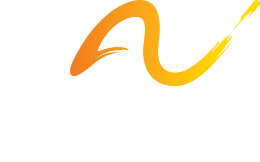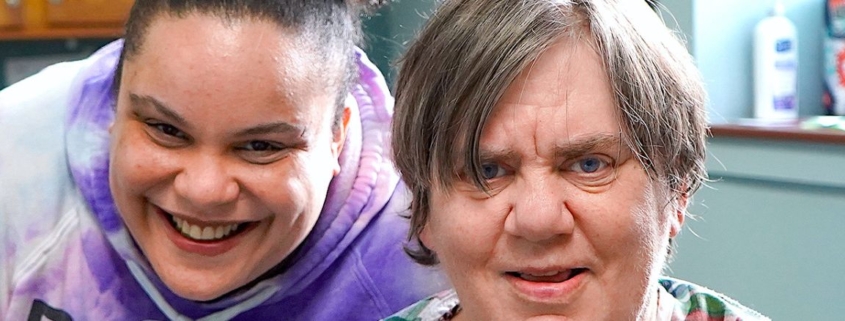People with intellectual and other developmental disabilities must be recognized as a priority during all public health emergencies (PHE), especially epidemics and pandemics. People with I/DD have the right to the availability of medical care and treatment, as well as essential and required supplies, including first-tier access for vaccinations and pharmaceuticals.
As a practical example of this issue, the COVID-19 pandemic presented significant challenges for people with I/DD and providers of supports and services. The lacking accessibility to appropriate medical care and severely limited supplies exacerbated the fear of many that COVID-19 posed a graver threat to this vulnerable population. This fear was well-founded.
In New York state, people with I/DD living in residential group homes were nearly four times as likely to contract COVID-19 and twice as likely to die. 2 Another study took into consideration the national impact of those with I/DD across various residential models and found that people with I/DD were potentially six times more likely die from the virus as compared to the general population.
These studies illuminate some of the unique health uncertainties and access to care faced by people with I/DD upon the onset of a PHE. However, disruption to the continuum of supports and services also contribute to other negative health outcomes, such as the upending of progress towards greater community integration. This can affect numerous aspects of their lives, including but not limited to their employment via state-funded employment support, private employment, volunteering, day services, and other activities of their choosing that are vitally necessary.
It is The Arc New York’s position that:
- People with intellectualand other developmental disabilities must not be overlooked and be a priority to policy makers at all levels of government. It must be recognized that people with I/DD are more likely to have preexisting conditions, co-morbidities, and are more apt to live in congregate settings such as group homes, which places them at a higher risk of infection
- OPWDD must seek out and create service delivery, billing, and hiring flexibilities upon declaration of a PHE, which must be inclusive of but not limited to remote service delivery options for day, vocational and employment, including prevocational services.
- Telehealth services for all medical diagnoses is essential, especially for mental health care. This ensures that no person is without access to care, regardless of where care is administered
- Direct Support Professionals and all other staff working for provider organizations who support people with I/DD, must be immediately designated as essential workers alongside other frontline healthcare workers. This must include all hazard pay and additional benefits provided to essential healthcare workers in recognition of the work they do during a pandemic or similar PHE
- Local, state, and federal governments, medical practitioners, and facilities must provide and support full, equal, and priority access to medical care including vaccines, boosters and advanced treatment
- Providers of supports and services must ensure that all staff have the proper training, access to supplies, and competence to work during a pandemic or public health emergency
- OPWDD and NYS DOH must provide regular access to up-to-date data relating to the impacts of a PHE on people with I/DD, staff, and families to all stakeholders
- Monitoring the short- and long-term effects on people with I/DD throughout and following a pandemic or similar PHEs will assist future preparation response and prevention of negative health outcomes





